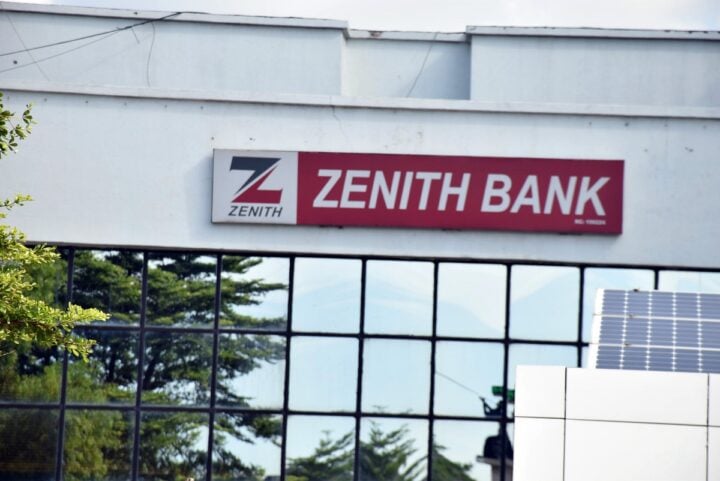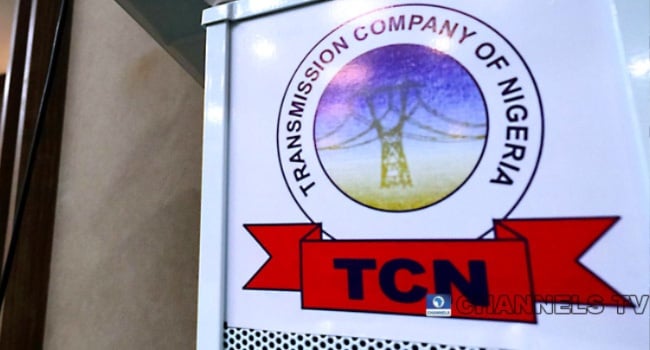Zacch Adedeji
Zacch Adedeji, chairman of the Federal Inland Revenue Service (FIRS), has assured that the four tax bills currently before the national assembly will not reduce the funding and efficiency of agencies.
Adedeji spoke on Wednesday at the revenue house in Abuja while receiving the chief executive officers of the National Agency for Science and Engineering Infrastructure (NASENI), the National Information Technology Development Agency (NITDA), and the Tertiary Education Trust Fund (TETFUND).
Addressing concerns bordering on renaming FIRS to the Nigeria Revenue Service (NRS) Adedeji said the change aims to enhance the efficiency of the agencies and make their operations more seamless.
“I want to assure you that there is nothing in the bills that will reduce your funding, effectiveness or efficiency. What we have in the Bills are provisions that will help us in laying a solid foundation for your sustainability,” he said.
Advertisement
“The federal government is repositioning its fiscal outlook to be able to meet the funding requirements of all agencies. The main objective is to enhance tax efficiency, ease compliance levels.”
‘PROPOSED BILLS WILL ALLOW AGENCIES FOCUS ON THEIR FUNCTIONS’
The FIRS chairman added that the proposed bills would allow agencies to focus on their core functions without the added responsibility of revenue collection.
Advertisement
“The bills, when passed into law, will give various agencies the opportunity to focus on their respective functions rather than bothering about revenue collection,” he said.
“In our minds, we see change as reduction or elimination, which is not true. Most times, change is responding to our current circumstances. There is a consensus that multiplicity of taxes is one of our problems. But what are the foundations of this multiplicity?
“The laws that set up these agencies, commissions and boards have tax provisions embedded in them and these provisions must be implemented. So when people carry out their own constitutional roles as stipulated in their acts or laws, you can’t say what they are doing is illegal.
“So, in the wisdom of President Bola Tinubu, for us to overcome these problems, we should harmonise these laws scattered in different books. That is what the Nigeria tax bill means.
Advertisement
“And when you look at the real principle of this reform is to bring us up to date, to show the reality of what we do now and also to stimulate economic activities.”
Adedeji said to make Nigeria a top choice for global investors, it is essential to approach the reforms in the most effective way possible.
On their part, the agencies’ took turns to present their mandates and outlined how they have contributed to the country’s economic growth and development.
On October 3, Tinubu asked the national assembly to consider and pass four tax reform bills.
Advertisement
The proposed laws include the Nigeria tax bill, tax administration bill, and the joint revenue board establishment bill, which seeks to repeal the law establishing the FIRS and replace it with NRS.
The Northern States Governors Forum (NSGF) opposed the proposed bills, asking the national assembly to reject any legislation that may harm the region’s interests.
Advertisement
In response, the presidency, on October 31, assured the governors that the proposed laws were designed to improve the lives of Nigerians and optimise existing tax frameworks — not disadvantage any part of the country.
On the same day, NEC asked Tinubu to withdraw the tax reform bills to give room for consultations.
Advertisement
However, Tinubu said the bills will not be withdrawn from the national assembly as recommended by the NEC.
Advertisement
Add a comment








